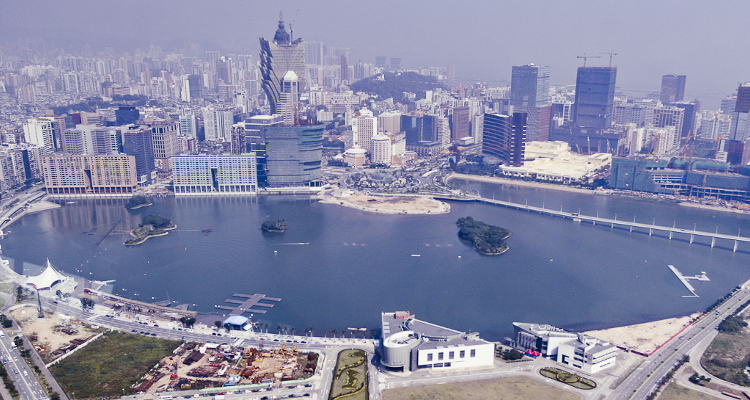In Macau, aggregated gross gaming revenues increased for a sixth consecutive month year-on-year in January although the 3.1% rise to $2.4 billion reportedly fell short of some analysts’ previous estimates by an average of 5.4%.
After suffering through 26 months of year-on-year declines, Macau’s over 30 casinos saw their aggregated gross gaming revenues for August improve by 1.1% while a 7.4% swell was reported for September before October’s figure went up by 8.8%. These were all surpassed in November by a 14.4% boost to approximately $2.4 billion before last month’s figure grew by 8% to hit almost $2.5 billion.
The latest figures from the local government’s Gaming Inspection And Coordination Bureau follow last month’s revelation that Macau saw a slight annual improvement in terms of the number of foreign tourists visiting the former Portuguese enclave to nearly $31 million led by a 12.8% spike in vacationers from mainland China to 7.6 million.
However, the Bloomberg news service reported that eight industry analysts it surveyed earlier had expected Macau to post around an 8.5% increase year-on-year in January aggregated gross gaming revenues while the market also reacted badly to the latest figures with the share price of two of the enclave’s most prominent casino operators in Hong Kong-listed Wynn Macau Limited and Sands China Limited immediately falling by 4.5% and 2.8% respectively. Similarly, local gambling giant SJM Holdings Limited saw the value of its shares decline by 2.6% while MGM China Holdings Limited, which is planning to open its $3.1 billion MGM Cotai hotel and casino resort during the second half of the year, witnessed a deterioration of 2.4%.
Grant Govertsen, Managing Director for Macau-based gaming analyst Union Gaming Securities Asia, told Bloomberg that betting volumes from high-stakes players had been softer than expected over the first few days of the Chinese New Year holiday while the “luck factor had been unkind” to some casinos in January.
“The reality is that we’ll need to wait for the February results to get a better picture of current trends on the ground given Chinese New Year straddles both January and February,” said Govertsen.
In a note distributed to investors last month, Bernstein Research analyst Vitaly Umansky reportedly explained that aggregated gross gaming revenues in Macau might be adversely affected by seasonal factors as average daily takings slowed in the week leading up to the Chinese New Year.
“The first two days of the Chinese New Year holiday are generally slower, especially in high-end play, than the remainder of the week-long holiday period,” wrote Umansky. “If the slow-down leading into Chinese New Year over the next week is more pronounced than expected, the monthly gross gaming revenues estimate could fall short of our current expectation.”



